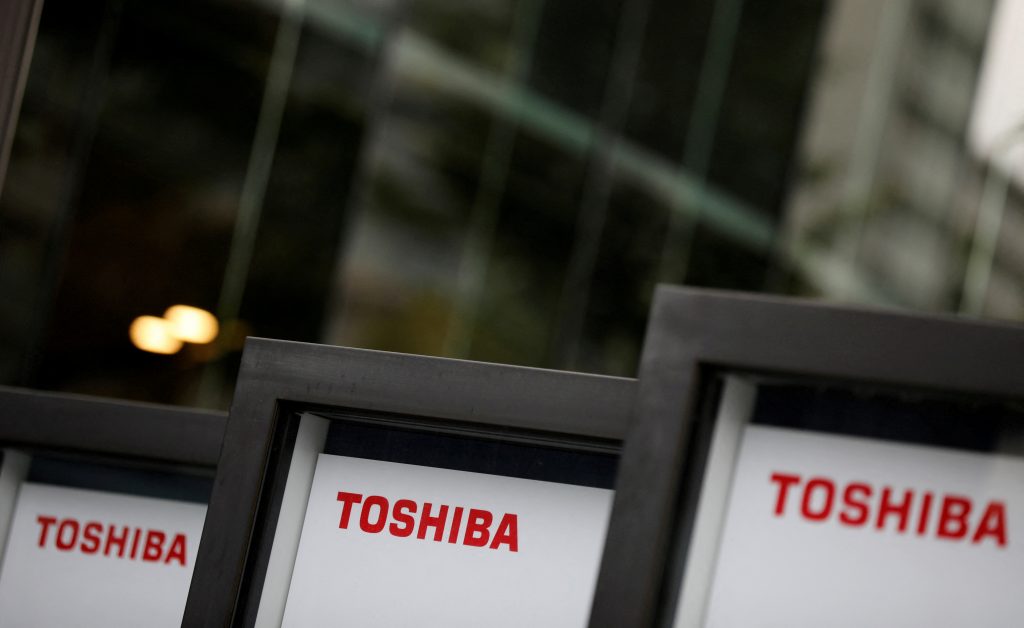
- ARAB NEWS
- 06 Jul 2025

Japan’s Toshiba Corp is considering splitting in half instead of three and will offload its U.S. air conditioning business for $870 million, the Nikkei said on Friday, in an attempt to overcome shareholder opposition to its turnaround plan.
The change would mark the latest twist in Toshiba’s drawn out battle with foreign shareholders, many of them activists and hedge funds, and highlights the once-mighty conglomerate’s fight to revive itself after a dramatic fall from grace.
Toshiba will sell its 60% stake in Toshiba Carrier to U.S. counterpart Carrier Global Corp for around 100 billion yen ($870 million), the Nikkei said, adding that the two companies have reached an agreement.
A Toshiba spokesperson said it was true that it was reviewing its portfolio but that nothing had been decided. The company would give further details at an investor day on Monday, the spokesperson said.
Under the new plan, Toshiba would break off its device business, including the semiconductor unit, the Nikkei said.
Previously it had planned to split into three companies: one for energy and infrastructure, one for devices and one for flash memory chips.
By splitting into two, Toshiba will save more money that it can return to shareholders, the newspaper said.
No Need For Two-Thirds Approval
A two-way split could be approved by the board under legislation recently revised to expedite breakups when the book value of assets to be spun off is worth less than a fifth of a company’s total assets.
The three-way split would have required support of two-thirds of shareholders, as the assets of the new energy and infrastructure company would account for more than a fifth of the total.
Since Toshiba is nearly 30% owned by foreign funds, many of which appear to oppose the split, the 67% bar could have forced the conglomerate to ditch its plan.
A top 15 shareholder said he believed management had changed the plan to a two-way split to “suit themselves”.
“It’s no wonder shareholders talk about a lack of trust or a culture of management evading accountability,” said the shareholder, who spoke to Reuters on condition of anonymity.
Reuters